Question And Answer
Publications
Articles, publications, books, tools and multimedia features from the U.S. Institute of Peace provide the latest news, analysis, research findings, practitioner guides and reports, all related to the conflict zones and issues that are at the center of the Institute’s work to prevent and reduce violent conflict.
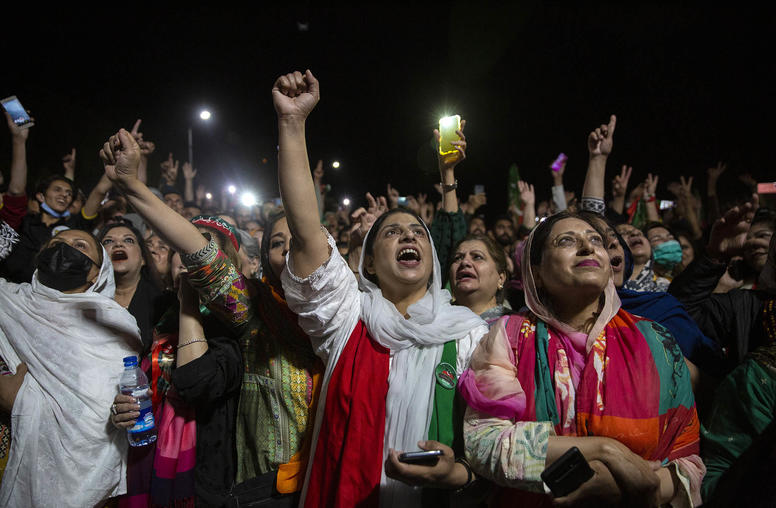
Pakistan’s New Government Struggles to Consolidate Control
Pakistan’s current government, an unwieldy multi-party coalition led by Prime Minister Shehbaz Sharif of the Pakistan Muslim League Nawaz (PML-N) party, faced a new setback in July after losses in mid-month special elections for 20 constituencies in the country’s heartland province of Punjab. Although the PML-N coalition attempted to retain control of the provincial government through manuevers in the provincial assembly, a Supreme Court ruling on July 26 overturned earlier precedent and ordered the election of Chaudhry Pervaiz Elahi, an ally of former Prime Minister Imran Khan, to the position of chief minister.
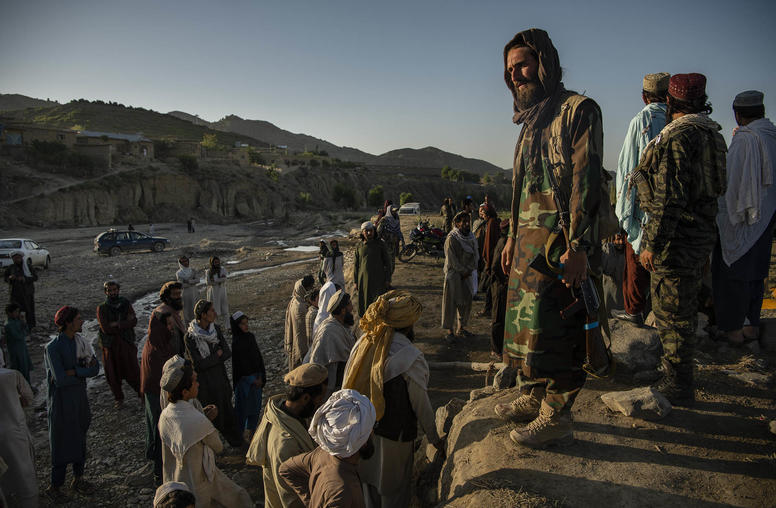
One Year Later, Taliban Unable to Reverse Afghanistan’s Economic Decline
Afghanistan’s economy was already deteriorating before the Taliban takeover of the country on August 15, 2021, suffering from severe drought, the COVID-19 pandemic, declining confidence in the previous government, falling international military spending as U.S. and other foreign troops left, human and capital flight, and Taliban advances on the battlefield. Then came the abrupt cutoff of civilian and security aid (more than $8 billion per year, equivalent to 40% of Afghanistan’s GDP) immediately after the Taliban takeover. No country in the world could have absorbed such an enormous economic shock — exacerbated by sanctions, the freezing of Afghanistan’s foreign exchange reserves and foreign banks’ reluctance to do business with the country.
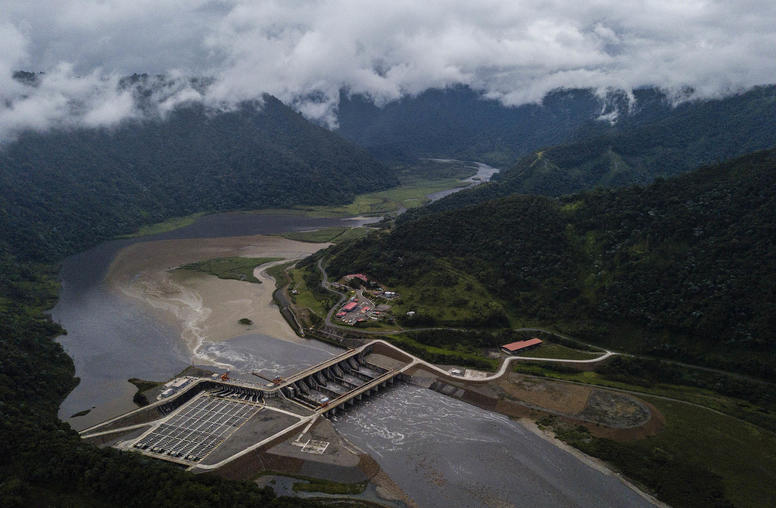
China’s Engagement in Latin America: Views from the Region
China’s economic and political engagement in Latin America grew significantly in the first part of the 21st century. And yet, Latin American reporting on China has not grown apace. Too few Latin American journalists cover Chinese activities in the region and even fewer foreign correspondents from Latin America report on developments in China. This knowledge gap means journalists struggle to provide proper context for major trade and investment deals and are unprepared to investigate when scandals erupt. Latin American media outlets often lack the capacity or resources to cover foreign affairs in general, much less the geo-political repercussions of China-Latin American relations.
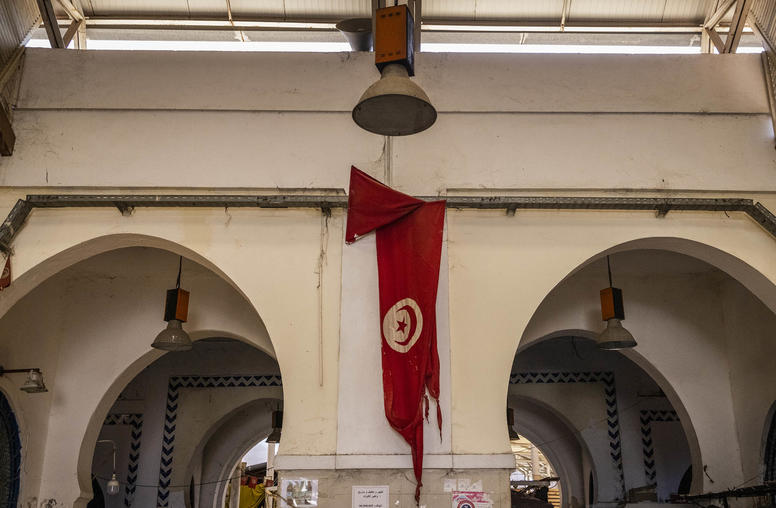
Tunisia’s new constitution expands presidential power. What’s next for its democracy?
A year after Tunisian President Kais Saied began a series of moves that expanded presidential powers, a new constitution further empowering the presidency has been approved by referendum. Amid a dire economic crisis, many Tunisians expressed support for Saied’s moves, as the promise of the 2011 uprising evaporated over the last decade. While the referendum passed with 94 percent of the vote, only 30 percent of Tunisians participated. Once heralded as the sole democratic success of the Arab uprisings, Tunisia’s democratic future trajectory is more uncertain than ever following the constitutional referendum.
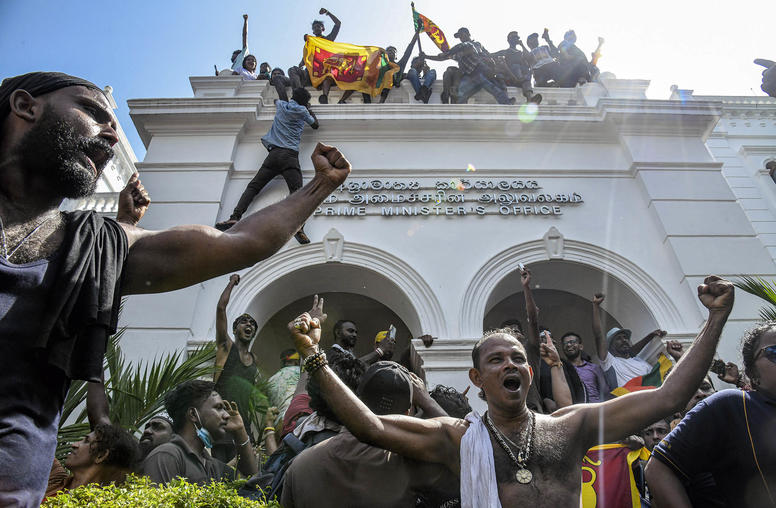
Sri Lanka Teeters on the Brink
Sri Lanka is grappling with its most serious political and economic crises since its independence in 1948. Navigating these interlinked crises will require reforming the South Asian island nation’s constitution to reduce the power of the executive presidency and securing a bailout from the International Monetary Fund (IMF), according to experts.
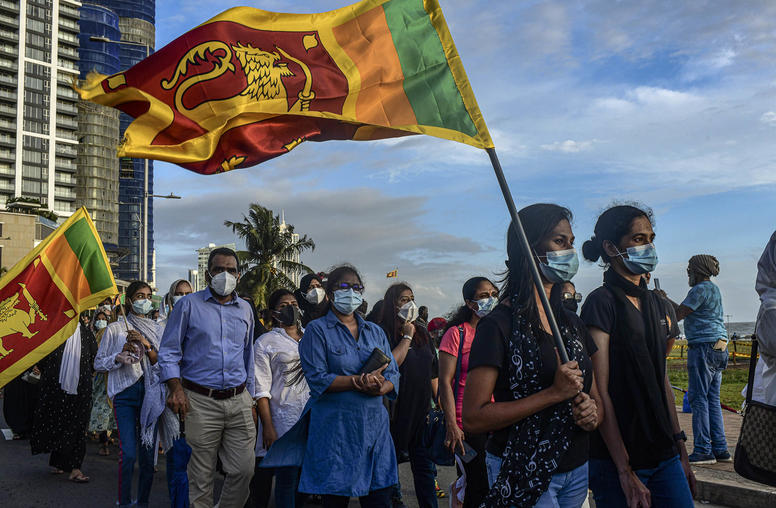
Five Things to Know about Sri Lanka’s Crisis
Following months of escalating protests, and the May resignation of his brother Prime Minister Mahinda Rajapaksa, Sri Lankan President Gotabaya Rajapaksa fled the country on July 13. Sri Lanka’s economy has hit rock bottom as it defaulted on international loans and is facing rampant fuel and food shortages, and the government imposed a state of emergency. Gotabaya’s flight from the country leaves the government in further disarray. How did Sri Lanka get here and what does this political and economic crisis mean for the country and the region?
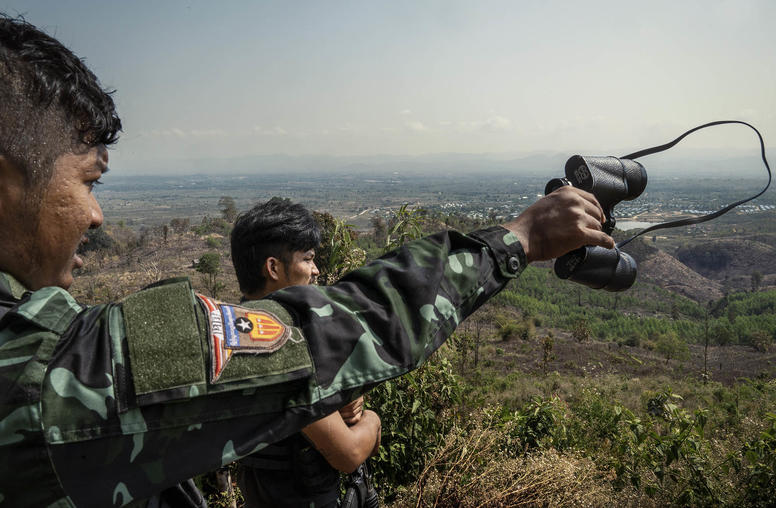
China Bets Strategic Projects, Regional Stability on Myanmar Coup Regime
Chinese Foreign Minister Wang Yi’s visit to Myanmar last week was the first by a senior Beijing official since a military coup toppled Myanmar’s elected government in February 2021. Its ostensible purpose was to co-chair the foreign ministers meeting of a Chinese-led subregional framework known as the Lancang Mekong Cooperation Forum. Its deeper — though related — significance was to deliver a crystal-clear message on the conflict raging in Myanmar: China has chosen to bolster Myanmar’s military in its fight against a rapidly growing popular resistance movement and will support the junta’s position within key multilateral platforms.
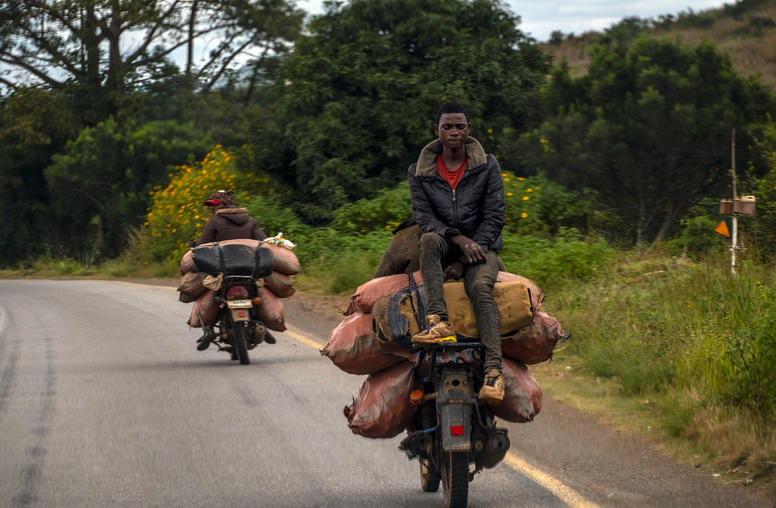
To Counter Russia’s Aggression, Invest in Africa
The current struggle by Western democracies to isolate Russia over its assaults on Ukraine and international rule of law will be costly to sustain. Spiking prices for fuels, fertilizers and foods that Russia exports are risking wider socio-economic instability in many countries. A long-term solution must include a Western partnership to invest economically and politically in Africa, arguably Russia’s most formidable potential economic competitor. This strategy can strengthen a rules-based world against economic coercion by authoritarian powers, stabilize African democracies by enabling them to deliver for their people and strengthen international institutions and laws by including African countries more fully in them.

Event Extra: Rethinking War Amid the Dire Global Food Crisis
Russia’s war in Ukraine has deepened a global food crisis that has left hundreds of millions facing acute hunger. Beyond the humanitarian challenges this crisis presents, it could stoke violence and conflict in fragile regions. U.N. World Food Program Chief Economist Arif Husain discusses the state of global hunger, why it’s vital that we rethink our response to conflict and what can be done in the immediate to stave off the worst.
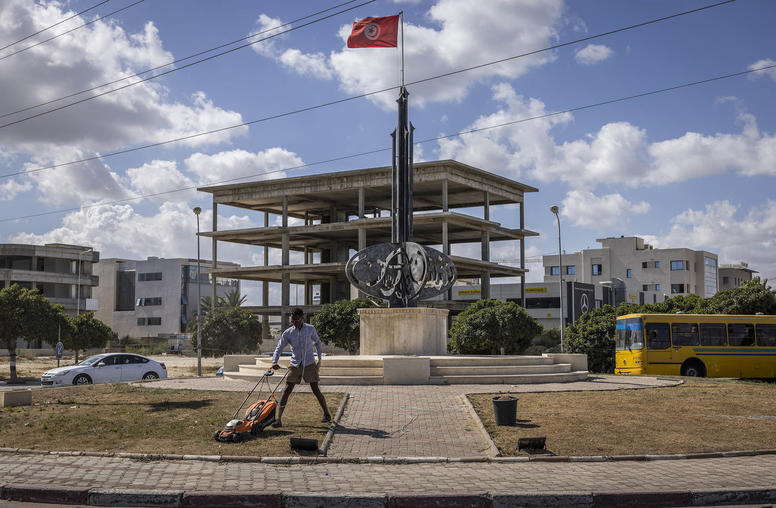
Tunisia's Twin Democracy and Economic Crises Push it to the Brink
Last July, Tunisian President Kais Saied suspended parliament in what many observers called a bloodless coup. Saied’s supporters — of which there are many — claim that this extreme executive action was necessary to root out rampant government corruption and ineffectiveness. Polling at the time showed widespread dissatisfaction with the performance of parliament and the prime minister; many Tunisians felt that their high expectations following the 2011 popular revolution were not realized and that the country was heading in the wrong direction.